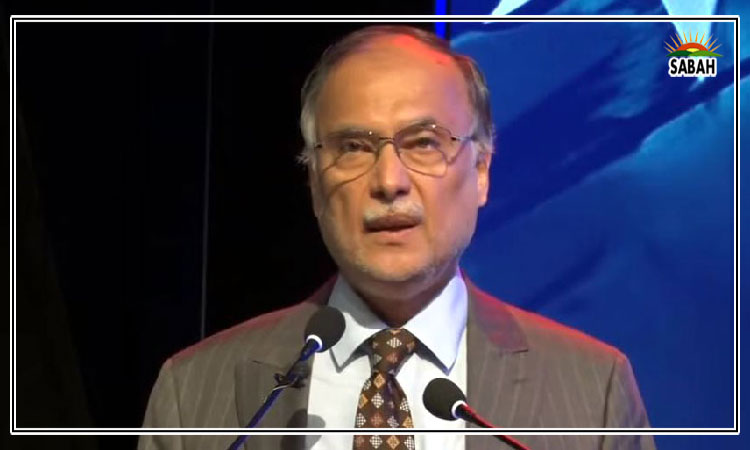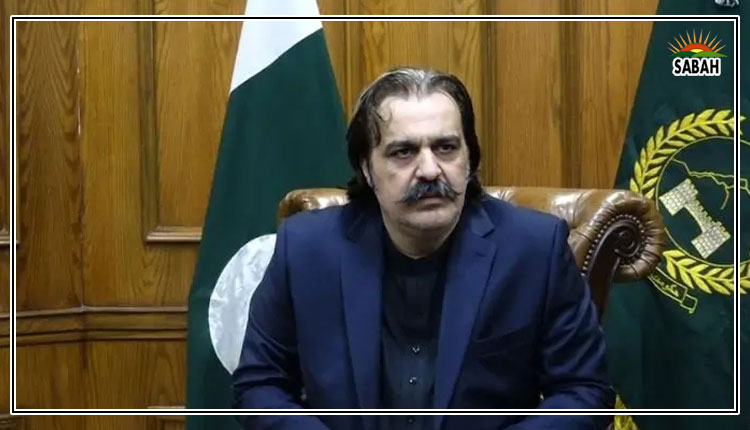Myths about ‘military justice’…Reema Omer
ON Oct 23, 2023, the Supreme Court delivered a landmark ruling. In a short order, detailed reasons for which have not yet been published, the SC held provisions of the Army Act, 1952, which brought civilians under its ambit and provided for their trial by courts martial, were ultra vires the Constitution and of no legal effect.
In addition, the SC held instead of military courts, regular criminal courts of competent jurisdiction shall conduct trials of those accused of committing crimes on May 9 and 10, 2023.
The order should have been unanimously celebrated as a victory for the rule of law, the independence of the judiciary, and human rights in the country.
Yet, on our television screens and on social media, we saw a mixed response. Some notable lawyers, journalists, and politicians expressed horror at the order, and condemned it for jeopardising Pakistans security.
It is incorrect to suggest the Supreme Court has given a lenient option to terrorists and anti-state actors.
Also, fewer than a dozen senators passed a bizarre resolution despite lack of quorum suggesting the SC had rewritten the Constitution through its judgement. The resolution stated the SC had abandoned the spirit of martyrdom and had granted a lenient option to terrorists, anti-state actors, foreign agents, and spies to be tried in normal courts.
At best, such support of military trials of civilians and denunciations of the SC order show ignorance of the relevant legal framework and jurisprudence. At worst, they are bad faith attempts at misleading the public and further empowering the security establishment at the expense of the rights of the people of Pakistan.
Four myths regarding military justice are particularly misleading.
First, the claim that military courts procedures meet fair trial standards is false for a number of reasons. The foremost is that military court judges are military officers who are a part of the executive branch and do not enjoy independence from the military hierarchy. This fundamentally negates the right to a fair trial, which requires trial by a competent, independent, and impartial court, as well as Article 175 of the Constitution, which guarantees the separation of the judiciary from the executive.
Second, Article 8 of the Constitution expressly provides any law inconsistent with fundamental rights shall, to the extent of such inconsistency, be void. The SC and high courts have the jurisdiction to review legislation be it new or old and declare it inconsistent with fundamental rights. This does not mean the courts are rewriting the Constitution it is the courts foremost duty to assess the compatibility of legislation with human rights guarantees.
Third, it is incorrect to suggest the SC has given a lenient option to terrorists and anti-state actors through its judgement.
It is important to note provisions of the Army Act declared ultra vires by the SC permitted the trial of civilians by military courts in only those situations where civilians were accused of seducing or attempting to seduce army officers from their duty or of committing certain offences under the Official Secrets Act, 1923, related to the military.
Even before the SC judgement, therefore, regular criminal courts and anti-terrorism courts had the jurisdiction to conduct trials of people accused of offences such as terrorism and attacking military officers or installations.
In fact, the situation was so absurd that a person accused of a terror attack targeting a school and killing dozens of children came under the jurisdiction of anti-terrorism courts. But courts martial were permitted to try civilians who were accused of being in the vicinity of a military installation without authorisation.
Surely, if courts in the regular criminal justice system are competent enough to conduct the trial of civilians accused of the most serious offences such as terrorism and hold perpetrators responsible, they are also competent to conduct trials of those who are accused of committing offences such as those under the Official Secrets Act.
This by no means is a justification for the abject failures of our criminal justice system, which is beyond doubt in a dismal state. However, what is required is the correct diagnosis of the reasons for this and bringing about meaningful reform not handing the justice system to the military.
Finally, the claim that larger benches of the SC have repeatedly found military trials of civilians constitutional is also deceptive.
The SC has considered the constitutionality of the trial of civilians by courts martial on a few occasions, but the relevant constitutional framework and the issues being considered by the court at that time were different.
Most of these judgements, notably that of the F.B. Ali case, were delivered before 2010, when Article 10A the right to a fair trial was not a part of the Constitutions fundamental rights chapter. One important judgement, District Bar Association, was delivered after 2010, but is distinguishable from the issues before the SC in the current case.
In District Bar Association, an SC full-court bench decided petitions challenging the 21st Amendment to the Constitution and the corresponding amendments to the Army Act. By a majority, the SC held individuals who claim to, or are known to belong to any terrorist group or organisation using the name of religion or a sect constituted a valid classification allowing for differential treatment under the Constitution, and as a result, could be tried by military courts. These constitutional amendments lapsed in 2019 and are no longer in force. Notably, the provisions of the Army Act struck down by the SC did not enjoy such constitutional cover.
As the caretaker governments appeal the SC judgement, it should be clear that the question of permitting military trials of civilians lies at the heart of our constitutional and democratic order. If we are going to justify, legitimise, and glorify military officers holding such trials in secret proceedings, instead of seeing this as an affront to our fundamental freedoms, we might as well give up the pretence of democracy, separation of powers, and civilian rule altogether.
Courtesy Dawn












